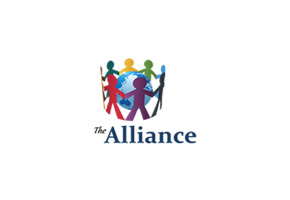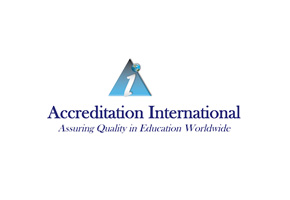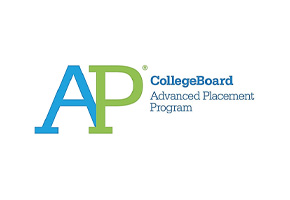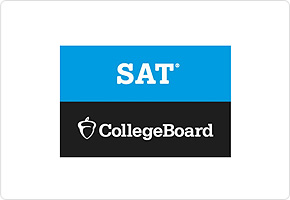Fayston’s History
October 17, 2010
Established Fayston in Mabuk-dong, Giheung-gu, Yongin
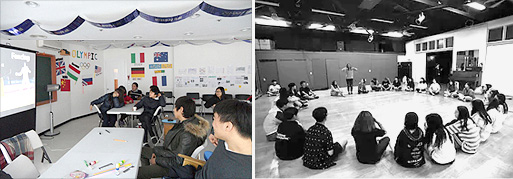
August 2011
Campus relocated to Eonnam-dong, Giheung-gu, Yongin
August 2012
Campus relocated to Jeongja-dong, Bundang, Seongnam
August 2013
Campus relocated to Dongcheon-dong, Suji, Yongin

August 2014
Opened Yongin Elementary
Accredited by the ACT testing Center (ACT #873280)
ACSI Membership Enrollment
August 2015
Opened Dream Hall
August 2016
Al International & NCPSA Private Certification
August 2016
Opened Fayston Elementary/High Vision Center
MSA CESS certified by the U.S.Central Office of Education
Damyang Campus Land Acquisition Contract
August 2018
Opened Music Factory (Music Education Center)
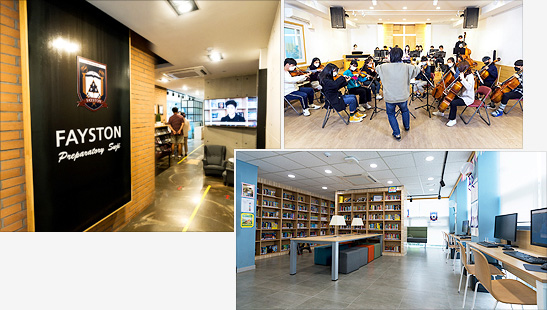
December 2019
Opened Fayston Wisdom House (Art Education Center)
Started to operate U.S. campus NJUCA
June 2020
Started the construction of the Fayston Campus Town
July 2021
Fayston Elementary construction Completed
Contracts concluded for the Fayston Art Center and
Junior High construction site

July 2022
The Opening of Grace Community Center, Library, DH Courtard,
GCC Sports Field
New Art Gallery
Extended Cafeteria.
Construction of the 2nd Elementary Gymnasium
Currently, There are 743 Students

September 2023
Fayston GwanGyo Campus(GwanGyo Christian Art) to be completed

Accreditation & Affiliation
-
MSA CESSS (Central Office of Education)
The U.S. Central Office of Education MSA CESS is a public, private, faith-based institution from elementary to higher education and special purpose schools, as well as educational institutions including learning service providers.
The Elementary, Middle and High School Board is affiliated with the U.S. State Department of Overseas Education, providing certification services to American and international schools where U.S. diplomats and U.S. citizens attend students working for non-governmental organizations and multinational corporations. -
NCPSA (American Private School Certification Authority)
NCPSA stands for the National Council for Private School Accreditation, which recognizes private schools in the United States
The organization's main purpose is to set standards for educational quality and operation of private schools, thereby supporting them to achieve educational excellence.The NCPSA, in cooperation with various private school certification bodies, evaluates and certifies schools according to the standards and procedures they set. This certification process ensures that schools are committed to improving the quality of education academically, administratively, and financially.
The certification provided by the NCPSA is an important indicator for parents and students that the school meets high standards of education. In addition, the certification gives the school an advantage in cooperation with other educational institutions and universities, and in the process of students entering the university.
-
THE ALLIANCE (The International Alliance for School Accreditation)
The Commissions on Elementary and Secondary Schools of the Middle States Association accredit early-childhood through post-secondary, non-degree granting public, private, faith-based educational institutions including special purpose schools, and learning services providers.
The Commissions on Elementary and Secondary Schools are affiliated with the United States State Department’s Office of Overseas Schools and provide accreditation services to American and international style schools attended by members of the U.S. foreign service and U. S. citizens working for non-government agencies and multi-national corporations.
-
AI (International School Certification Authority)
Accreditation International (AI) is an international organization that certifies schools, school systems, institutions, and educational programs around the world. The organization's main purpose is to improve the quality of education around the world and help educational institutions meet international standards.
AI provides certification through a rigorous evaluation and screening process for various educational institutions and programs. This course is to ensure that the institution or program meets the standards that guarantee educational excellence, safety, and the well-being of its students.
AI-certified schools or institutions are guaranteed the quality of internationally recognized education, which provides trust to students and parents, and also helps to increase the reputation of educational institutions.
AI certification plays an important role in establishing educational institutions worldwide as members of the global educational community and expanding international cooperation and exchanges. -
Fayston AP Capstone Diploma Certification Authority
AP Capstone Diploma is a high school program provided by the College Board and designed to teach students college-level research, analysis, and presentation skills. The program covers two AP courses, AP Seminar and AP Research, and an additional four AP subjects.
AP Seminar: The first course, AP Seminar, is a subject where students learn skills to study, analyze, and argue about a variety of topics. Students develop team projects, individual studies, and writing and presentation skills.
AP Research: In the second course, AP Research, students plan and carry out their own research projects. In the course, they define research questions, collect and analyze data, and write academic papers.To get an AP Capstone Diploma, you must earn at least 3 points in both the AP Seminar and AP Research subjects and at least 3 points in the remaining four AP subjects. This Diploma shows that students have critical thinking, research, communication, and collaboration skills, which can play an important role in college admissions.
The AP Capstone Diploma is considered an important factor in college preparation and helps students prepare for college-level studies. The program focuses on fostering academic curiosity and developing independent learning and research skills.







